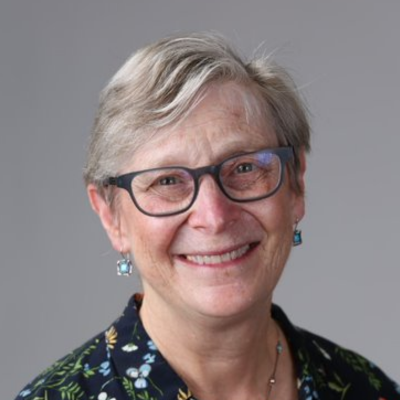After the summer we’ve had, you don’t need me to tell you we’re in the midst of a climate crisis. The question is whether we face it with desperation or determination. Climate scientists and activists tell us it’s not too late. We can still avert the worst of what lies ahead with prompt, wise collective action. Yet it’s easy to feel, in our hearts and in the pits of our stomachs, that we are doing too little too late.
The festival of Sukkot offers us rich resources for living this duality, and the spiritual strength to work for change without giving in to despair. There are so many themes in the holiday that connect us to nature, that remind us of the interconnectivity of the universe and of the randomness, futility, and fragility of life. We are instructed to be “only joyful” (Deuteronomy 16:15) and at the same time we pray the Hoshanot, pleading to God again and again, “Save us, save us.”
We read in the Book of Ecclesiastes that “all is mere breath” and yet we are instructed to be joyful and do good and take pleasure in our toil, for it is all a gift from God (3:13). These dualities powerfully capture our current situation where we vacillate between hopelessness and determination. The sukkah itself holds this duality as well. Rabbi Akiva connects the sukkah to “clouds of glory” that protected the Israelites as they wandered through the wilderness (Mekhilta DeRabbi Yishmael 13:20:1-2, commentary on Exodus 13:20), yet a sukkah is the most flimsy of dwellings that could easily be swept away by a storm. What a metaphor for this moment!
Find more commentaries on Sukkot.
Perhaps the most dominant theme of the holiday is our dependence on water. As we know too well, water is life in the right measure and death when there is too little or too much. Sukkot falls at the start of the rainy season in the Land of Israel. To mark this seasonal transition, on the final day of the festival, we add a prayer for rain that invokes all of our sacred ancestors’ connection to water and pleads for rain to ensure abundance in the year to come. This is also when we begin inserting a prayer for rain as part of the Amidah in the daily liturgy.
Central to commemorating Sukkot during Temple times was the Simchat Beit Hasho’evah, the rejoicing at the place of the water drawing. Every evening during the intermediate days of the holiday, water was poured on the Temple’s altar amidst raucous dancing and singing and blasts of the shofar. Our ancient forebears understood how important rain was for a good life and enacted this ritual to plead with God to provide water in the right balance. This was an anxious time of uncertainty that was surrounded in joyful celebration.Indeed, the Mishnah states that “One who has not seen the Simchat Beit Hasho’evah has never seen true rejoicing” (Sukkah 5.1). The Mishnah goes on to describe the sequence of events:
“At the conclusion of the first festival day, the priests and the Levites descended from the Israelites’ Courtyard to the Women’s Courtyard, where they would introduce a significant repair….” (Mishnah Sukkah 5:2) Or in Hebrew, וּמְתַקְּנִין שָׁם תִּיקּוּן גָּדוֹל
Find more commentaries on Environment, Climate, and Animal Rights.
The Mishnah is silent on what this great “tikkun” was. The rabbis later explain that it had to do with separating the men from the women so there would not be any licentious behavior in the midst of this ecstatic celebration.
Rather than continuing along those lines, however, let’s imagine a radical reinterpretation and see this “great repair” as an invitation to climate action. Indeed, if we are to bequeath a healthy planet to our descendants, we are in desperate need of repair. Let Sukkot be our call to action this year. May it give us the spiritual resolve to live in the midst of great uncertainty and challenge, and to take action to pursue climate justice in this vast interconnected world of ours.
Only then, when we work together, will we be blessed, as we are taught in Deuteronomy 16:15, “For Your God THE ETERNAL will bless all your crops and all your undertakings, and you shall have nothing but joy.”
Rabbi Lisa D. Grant, Ph.D. is Director of the New York Rabbinical Program and the Eleanor Sinsheimer Distinguished Service Professor in Jewish Education at Hebrew Union College-Jewish Institute of Religion in New York. She is editor, along with Cantor Lisa B. Segal, of “The Year of Mourning: A Jewish Journey” (CCAR Press 2023).


